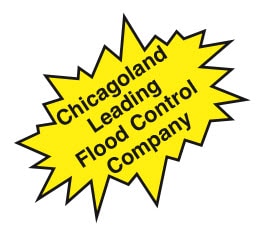Sewer backups are not automatically covered by all homeowner insurance policies.
Water everywhere, but no insurance coverage.
Q: Last month we had some water damage in one of our units. The floors were ruined, caused by a backup in a sewer pipe. Our insurance company is giving us a hard time. Isn’t this just the sort of thing that insurance is supposed to pay for?
A: Most people would indeed conclude that damage caused by a back up would be covered by one’s property insurance. But , unfortunately for you, your problem is probably not covered.
Most policies cover damage caused by the sudden and accidental discharge of water that comes out of a pressurized plumbing system (the parts of the pipes that delivers water to the faucets, toilets and appliances). Damage from water that backs up from the street sewer, through unpressurized lines designed to take water away from the house is generally not covered.
In fact, the exclusion covers not just street sewer obstructions, but also water that enters a home through a backup in any water to the sewer. The reason is two-fold: The insurance company is not in the business of insuring the city against the consequences of it’s poorly maintained sewer lines. And your clogged drains are considered a maintenance problem, not a “sudden and accidental” event.
This neat division between water delivered to the house versus water taken away from the house can however, be sorely tested, depending on what happened and what your policy says.
A California court recently faced this question: The homeowner’s toilet continued to “run” because the fill valve was stuck in the open position, but the bowl overflowed instead of draining because of a clogged sewer line 40 feet away. The policy excluded damage caused by water that “backs up or overflows from a clogged sewer or drain.” The homeowner claimed that the exclusion did not apply, because the water flowed directly from the toilet bowl, never entering the drain. But the court focused on the word “overflows,” and applied the exclusion, to the dismay of the homeowner.
Other courts, facing the same set of facts but dealing with a policy that omitted the word “overflows,” have concluded that because the water never entered the drainage system, it could not back up. In these cases, the homeowner was covered.
Here’s another wrinkle: If your policy excludes water that backs up through a drain rather than from it, would insurance cover, given the fact of the California case?
Arguably, water that never gets into the drain, as in the California case, cannot be said to have backed up through it, so the exclusion would not apply.
The lesson here is to not despair of the value of insurance. Most of the time, steady and proper maintenance will forestall most plumbing problems. That’s where you should focus your attention.












